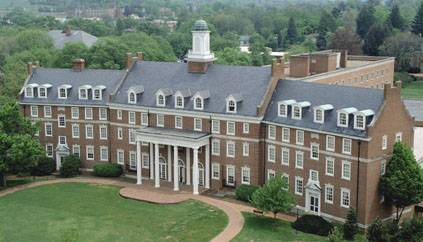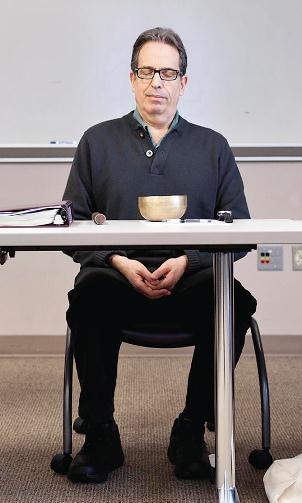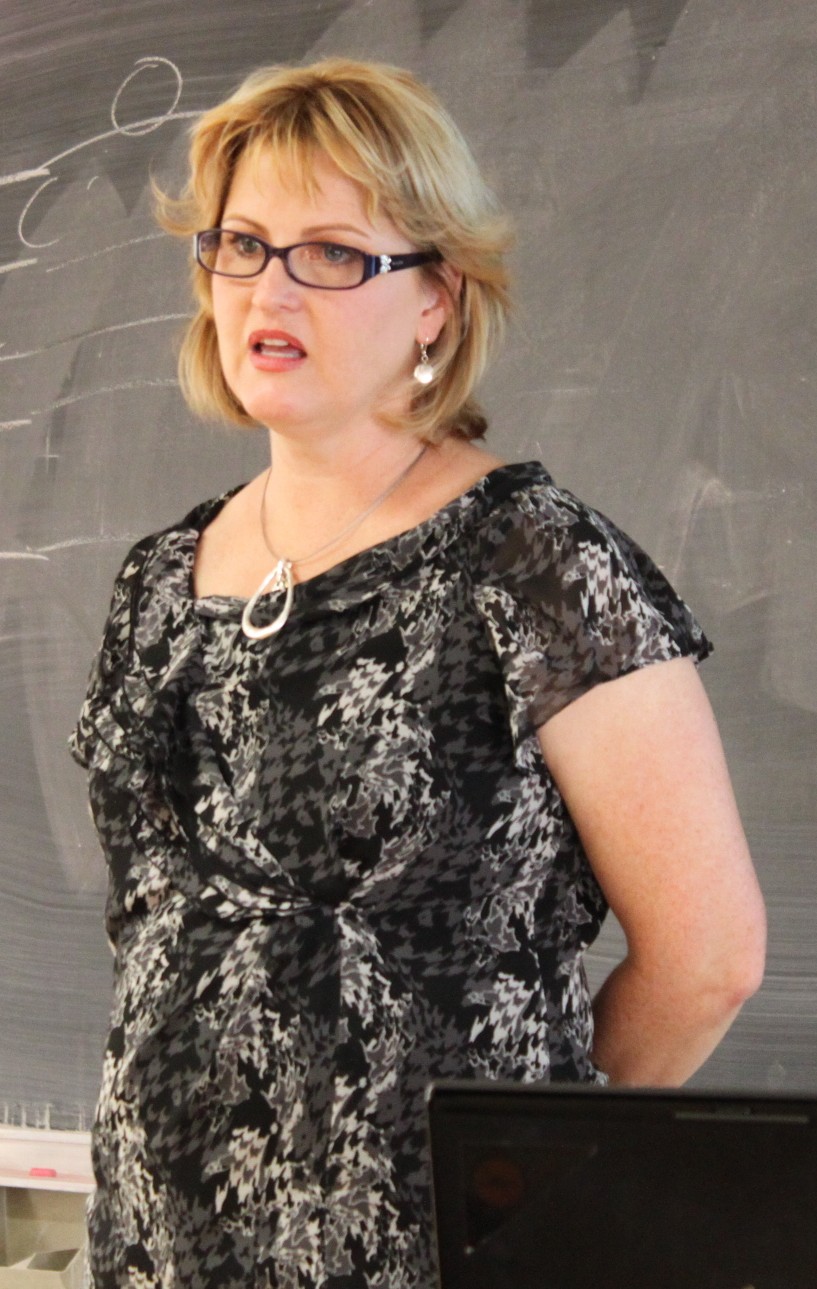Being a faculty in a university for me rhymes with the single concept of Service.
Service:
And, in service I uphold the service to students, university and to the community:
To students: As a faculty member, one embraces the choice to serve the students through inclusive, interested, and engaged pedagogy and involved mentoring. A faculty member is in a unique position to directly influence the future of our world and I uphold the service of allowing, encouraging, and helping growth of students as being the fundamental duty of any faculty member.
 To University: The university environment provides fertile ground for advancement of society and as a faculty member the service definitely includes service to university and its smooth functioning. As I have learnt with my interactions with Graduate Student Assembly at Virginia Tech, luncheons with Board of Visitors and interaction with Dean of Graduate School Dr. DePauw, the university officials and their motivation are quintessential for the university to thrive and create a learning environment. A faculty is obliged to serve the institution that serves, allows, and mentors the faculty itself.
To University: The university environment provides fertile ground for advancement of society and as a faculty member the service definitely includes service to university and its smooth functioning. As I have learnt with my interactions with Graduate Student Assembly at Virginia Tech, luncheons with Board of Visitors and interaction with Dean of Graduate School Dr. DePauw, the university officials and their motivation are quintessential for the university to thrive and create a learning environment. A faculty is obliged to serve the institution that serves, allows, and mentors the faculty itself.To Community: Community through its million direct and indirect means affects and causes the university environment to exist and thrive. Service to presently existing community is as much as a faculty duty as is preparing the future community. Through her outreach efforts, her modeling of ideals that she upholds and respecting that she also represents the university, the faculty member is responsible for contributing to the society, from which the future springs, and in where the present resides.
The three virtues that I would strive for as a faculty member wannabe are:
Advancement:
When I ascribe the duty and expectations on (me as) a faculty member to help prepare a sustainable tomorrow, as she serves the present, I fully comprehend the need of the faculty member to be at the leading edge of the latest developments in her field of expertise and interest. And, with this comes the responsibility of staying abreast and aware of latest research, advancement, tools, technologies, and ideas that can help her serve the students, university, and the community better.
To me faculty member is a lot more than a long standing product and part of a legacy rich institution. She is in charge of being aware of the change, embracing and finding opportunities in change, instead of choosing the state of denial.
Inclusion:
To me a faculty member epitomizes the term 'global citizen' and is a person who embraces, values, and respects diversity in all its forms. In doing so she actively models inclusive practices. In an increasingly globalized economy and with increasing hopes of a truly globalized world, inclusion is an ideal worth striving for.
Dissemination:
A chief difference between an expert, scientist and a faculty member, in my mind, is that latter has strong intentions to disseminate knowledge and understanding. Outreach efforts, engaged pedagogy and mentoring are few very powerful tools through which a faculty member reaches out and participates in dissemination. Being a faculty member to me implies embracing that all sciences and human understanding is our collective property and whenever appropriate, it is faculty duty to disseminate the information and understanding.
I believe that our society always has had the potential to live outside the very confined walls of awareness and understanding, best described by Nobel Laureate Rabindranath Tagore in following lines:
"Where the world has not been broken up into fragments by narrow domestic walls;
"Where the world has not been broken up into fragments by narrow domestic walls;
Where words come out from the depth of truth;
Where tireless striving stretches its arms towards perfection;
Where the clear stream of reason has not lost its way into the dreary desert sand of dead habit;
Where the mind is led forward ... into ever-widening thought and action"
As a faculty member wannabe, I want to participate in building a world that the Rabindranath Tagore's lines above describe.
When I recognize a potential for good, I want to allow the potential bloom. And, this does include guiding it and nurturing it. And, when I see a change that is either inevitable or has potential for good of planet, I will allow the change to be, nurture it and help it be aware of its own value and potential.
Where tireless striving stretches its arms towards perfection;
Where the clear stream of reason has not lost its way into the dreary desert sand of dead habit;
Where the mind is led forward ... into ever-widening thought and action"
As a faculty member wannabe, I want to participate in building a world that the Rabindranath Tagore's lines above describe.
When I recognize a potential for good, I want to allow the potential bloom. And, this does include guiding it and nurturing it. And, when I see a change that is either inevitable or has potential for good of planet, I will allow the change to be, nurture it and help it be aware of its own value and potential.






























